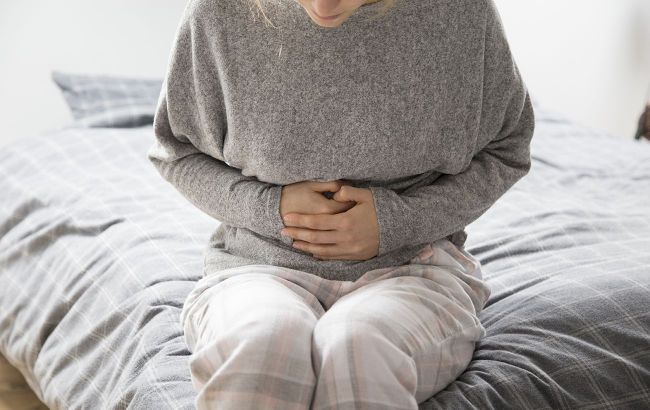3 foods to avoid if you have bloating
 Which foods cause bloating (photo: freepik)
Which foods cause bloating (photo: freepik)
The feeling of bloating after eating is a common discomfort that many people face daily. There are certain foods that only worsen the problem. Marca explains which foods to avoid to prevent bloating.
Three food groups that contribute to bloating
Eliminating or reducing the consumption of certain specific components can significantly change how you feel after each meal. Here are the three main culprits of bloating and why you should cut them from your diet if you're seeking easier digestion and a flatter stomach.
Refined sugar and artificial sweeteners
Added sugar found in sweets, soft drinks, processed bread, and cereals is one of the main causes of inflammation in the digestive system. Additionally, many products labeled as light or sugar-free contain artificial sweeteners such as sorbitol, mannitol, or xylitol, which are known to cause gas, bloating, and intestinal discomfort.
These compounds are not fully digested in the small intestine and reach the large intestine, where they ferment and produce unpleasant gases. If you usually feel bloated after consuming sugar-free gum, diet drinks, or low-calorie foods, these sweeteners may be the root of the problem.
Dairy products (if you are lactose intolerant)
Although dairy products are a good source of calcium and protein, lactose intolerance affects a large part of the population, often without them even realizing it. When the body does not produce enough lactase – the enzyme needed to break down lactose – dairy products ferment in the gut and cause bloating, gas, and diarrhea. Cheese, milk, yogurt, and ice cream can do more harm than good if you have this sensitivity. Trying a dairy-free diet for a week or two may help you determine whether these foods are truly to blame for your bloating.
Gluten
Gluten, a protein found in wheat, barley, and rye, can cause digestive discomfort even in people who do not have celiac disease. Non-celiac gluten sensitivity is becoming more widely recognized, and one of its most common symptoms is bloating after eating. Bread, pasta, cookies, and other wheat-based products may be the culprits if you notice that you feel full or inflamed after consuming them. Switching to gluten-free versions such as rice, certified oats, or quinoa may help you evaluate whether your digestion improves.
Earlier, we wrote about 6 foods that steal years from your life
This material is for informational purposes only and should not be used for medical diagnosis or self-treatment. Our goal is to provide readers with accurate information about symptoms, causes, and methods of detecting diseases. RBС-Ukraine is not responsible for any diagnoses that readers may make based on materials from the resource. We do not recommend self-treatment and advise consulting a doctor in case of any health concerns.

